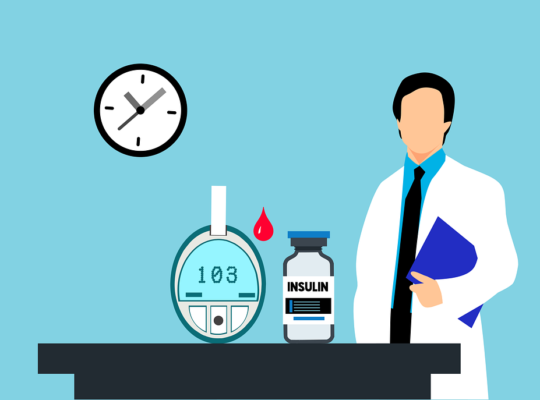
Intermittent Fasting: A Comprehensive Overview
1. What Is Intermittent Fasting (IF)?
Intermittent fasting is an eating pattern that cycles between periods of fasting and eating. Unlike traditional diets that focus on specific foods, IF emphasizes when you eat. Here are the key points:
- Fasting Windows: During fasting periods, you abstain from consuming calories. Common fasting windows include 16 hours of fasting followed by an 8-hour eating window (the 16/8 method) or alternate-day fasting.
- Metabolic Adaptation: IF encourages your body to adapt to using stored energy (glycogen and fat) more efficiently.
- Cellular Repair: Fasting triggers autophagy, a process where cells remove damaged components and regenerate.
2. Popular Methods of Intermittent Fasting
a. 16/8 Method (Leangains Protocol)
- How It Works:
- Fast for 16 hours (including sleep).
- Eat during an 8-hour window (e.g., from 12 PM to 8 PM).
- Benefits:
- Simplicity and flexibility.
- Improved insulin sensitivity.
- Potential weight loss.
- Tips:
- Stay hydrated during fasting hours.
- Break your fast with nutrient-dense foods.
b. 5:2 Method
- How It Works:
- Eat normally for 5 days of the week.
- Restrict calories (around 500-600) on 2 non-consecutive fasting days.
- Benefits:
- Caloric reduction.
- Potential fat loss.
- Considerations:
- Requires planning.
- May not suit everyone.
c. Alternate-Day Fasting
- How It Works:
- Alternate between fasting days and regular eating days.
- Can be 24-hour fasts or modified fasting (limited calories).
- Benefits:
- Potential weight loss.
- Cellular repair.
- Challenges:
- Adherence can be tough.
- Monitor nutrient intake.
3. Health Benefits of Intermittent Fasting
- Weight Loss: IF helps create a calorie deficit, leading to weight loss.
- Improved Insulin Sensitivity: Fasting periods enhance insulin response and may reduce the risk of type 2 diabetes.
- Heart Health: IF may improve blood pressure, cholesterol levels, and heart health markers.
- Brain Health: Some studies suggest cognitive benefits and reduced risk of neurodegenerative diseases.
4. Risks and Considerations
- Nutrient Deficiencies: Be mindful of micronutrients during eating windows.
- Overeating: Some people compensate by overeating during their eating window.
- Individual Variation: Responses to IF vary; find what works for you.
- Consult a Healthcare Professional: Especially if you have health conditions or are pregnant.
5. Practical Tips for Successful Intermittent Fasting
- Start Gradually: Ease into fasting to allow your body to adapt.
- Stay Consistent: Choose a method that aligns with your lifestyle and stick to it.
- Listen to Your Body: Adjust fasting windows based on hunger cues.
- Hydrate Well: Water, herbal teas, and black coffee are allowed during fasting.
Remember, intermittent fasting isn’t a one-size-fits-all approach. Experiment, observe how your body responds, and prioritize overall health. Always consult a healthcare provider before making significant dietary changes. Happy fasting! 🌟






